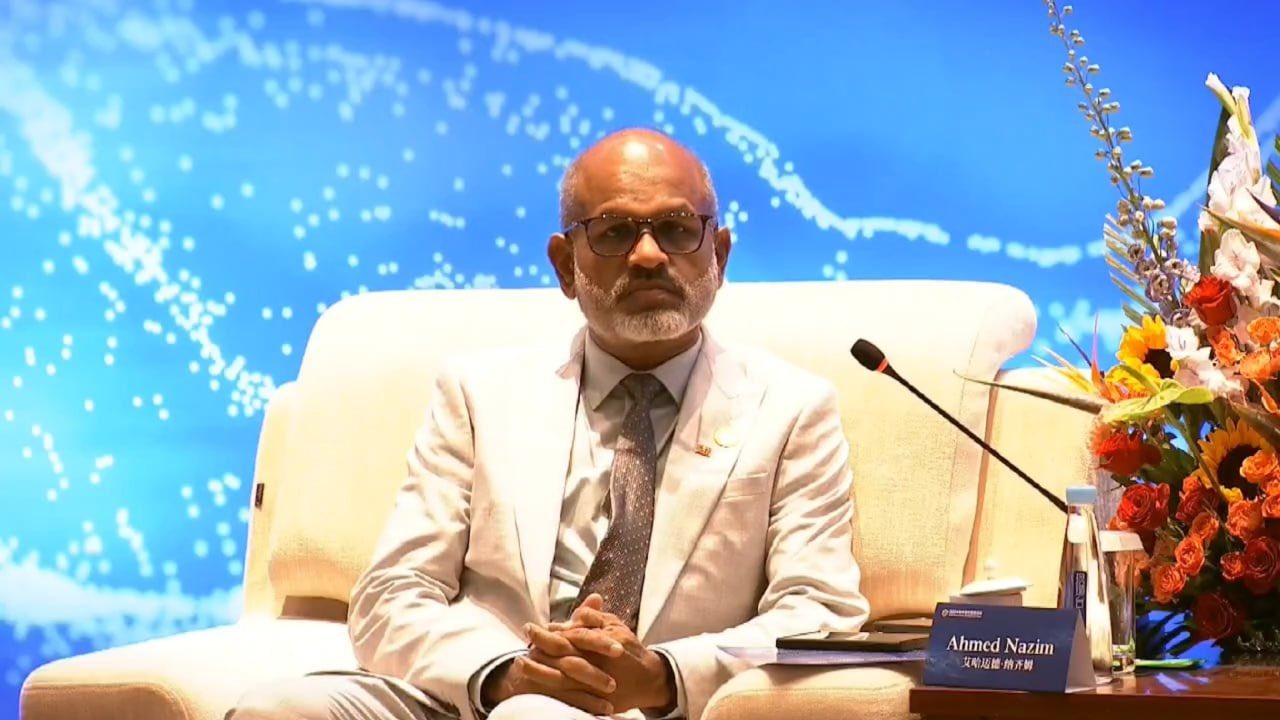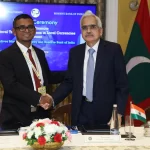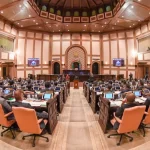MALE’, Maldives — The Anti-Corruption Commission, a watchdog established to investigate graft cases, has come under sharp criticism from the country’s deputy speaker who declared the body “non-functional” amid controversial government moves to reshape its leadership structure, igniting a fierce debate about institutional independence in the country.
Deputy Speaker Ahmed Nazim, addressing parliament on Tuesday, delivered a scathing assessment of the commission’s performance, stating that “no citizen of Maldives would believe that the ACC works.” His remarks came during deliberations on proposed amendments that would significantly alter how the commission’s leadership is appointed, touching off a political firestorm in this young democracy.
“The agency is not working as required by law. No fraud cases are investigated and resolved there,” Mr. Nazim said, his criticism reflecting growing frustration with the commission’s perceived ineffectiveness in tackling corruption cases that have plagued the nation’s political and economic landscape.
The proposed changes, introduced through legislation backed by the government’s super majority in parliament, would grant the president power to nominate the commission’s chairman and vice-chairman, subject to parliamentary approval. This marks a significant departure from the current system where these positions are filled through internal elections among commission members.
Critics see the timing of these reforms as particularly significant, coming at a moment when several high-profile corruption investigations remain unresolved. Mr. Nazim specifically pointed to the commission’s handling of allegations against former Football Association of Maldives president Bassam Adeel Jaleel. “It was at the point where the FAM president had to be evicted. But there is an anti-corruption agency and nothing happened,” he said.
The deputy speaker also took aim at previous appointments made during the Maldivian Democratic Party’s tenure, arguing that “non-professional” appointments had contributed to the commission’s ineffectiveness. “Again, if we let corruption continue as it is for these five years, we cannot stand by and watch it,” he declared, citing the government’s electoral mandate to reform state institutions.
The reform push has sparked intense opposition from both the Maldivian Democratic Party (MDP) and The Democrats, who view it as a calculated move to consolidate executive power. Critics have particularly targeted Attorney General Ahmed Usham, accusing him of orchestrating changes that could undermine the separation of powers — a cornerstone of the country’s democratic reforms.
The government, defending its position through parallel legislation introduced by legislators Adam Zahir and Abdullah Shareef, maintains that the amendments aim to “harmonize” appointment procedures across independent institutions and strengthen administrative oversight. Similar changes are proposed for the Elections Commission, suggesting a broader pattern of institutional reform.
The bills stipulate that whenever vacancies arise for president or vice-president positions in either commission, the president must submit nominations to parliament for approval. This process, according to government supporters, would enhance transparency and accountability in leadership appointments.
However, opposition leaders warn that the proposed changes could reverse hard-won democratic gains that “people have achieved at the risk of their lives.” They argue that the reforms would effectively subordinate independent institutions to executive control, potentially compromising their ability to investigate corruption cases involving government officials.
For a nation that emerged from decades of authoritarian rule just over a decade ago, the debate touches raw nerves about democratic reforms and institutional autonomy. The controversy has highlighted the delicate balance between strengthening institutional effectiveness and preserving their independence from political influence.
The outcome of this legislative battle could set important precedents for the future of anti-corruption efforts in the Maldives, as well as the broader trajectory of democratic consolidation in this strategically located nation of 1,192 islands.
As the bills move through parliament, supported by the government’s substantial majority, the opposition has promised to mount legal challenges and public protests, ensuring that the debate over institutional independence will remain at the forefront of Maldivian politics in the coming months.












